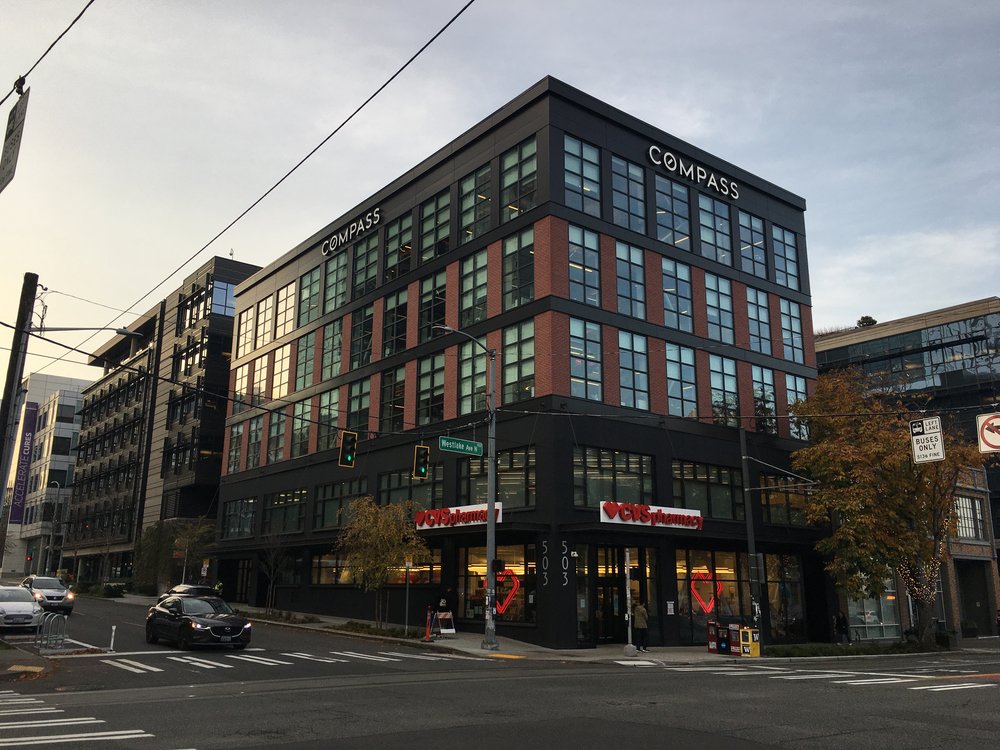Undercover Investigation Alleges NYC's Biggest Real Estate Brokers Are Discriminating Against Low-Income NYers
March 15, 2021, 1:23 p.m.
In one call recorded last April, an investigator inquiring about a Cobble Hill studio apartment was informed by a representative of Compass: "No we don't do Section 8 Vouchers in this building."

Many of New York City's most dominant real estate companies are illegally discriminating against low-income residents who rely on rental assistance, according to the findings of a year-long undercover investigation released on Monday.
Led by the Housing Rights Initiative, the sweeping investigation identified 88 landlords and brokerages that allegedly discriminated against tenants seeking apartments with Section 8 vouchers, which provide federal financial assistance to help low-income residents cover part of their rent.
The nonprofit watchdog deployed covert investigators as applicants, recording nearly 500 phone conversations with landlords and their brokers — including Compass Inc., the Corcoran Group, and Century 21. When those otherwise qualified "testers" mentioned their Section 8 voucher, the real estate professionals ended the conversation 48 percent of the time, according to HRI.
In one call recorded last April, an investigator inquiring about a Cobble Hill studio apartment was allegedly informed by a representative of Compass: "No we don't do Section 8 Vouchers in this building." Another broker at Jan Reynolds Real Estate allegedly said on three separate occasions that a tenant with a voucher would not qualify for an Upper West Side building, claiming there was "not a hope in a hell."
Reached by phone, Jan Reynolds, the firm's only employee, maintained that she had never said such a thing to a Section 8 tenant, in part because she only rents "quite high" apartments that low-income tenants can't afford. Notified by Gothamist that the conversations were recorded, she replied: "Okay, whatever." Compass declined to comment.
The findings were outlined in a federal lawsuit filed on Monday that accuses the real estate companies of a discriminatory practice that disproportionately impacts Black and Hispanic New Yorkers, who make up 82% of voucher holders in the five boroughs. In many cases, the burden of voucher discrimination falls heaviest on those who are trying to leave the city's shelters system.
At a press conference on Monday, Nancy Padilla, who spent close to two decades in city shelters, said that stable housing remained elusive even after receiving a voucher. "Despite my hardest efforts and commitment to finding an apartment, every time a landlord found out I had a housing voucher they would turn me away, even though I was qualified," she said.
The investigation also found that the rejections were more pronounced in affluent white neighborhoods, suggesting that the practice has compounded racial segregation, according to Congresswoman Nydia M. Velázquez. The Brooklyn representative vowed on Monday to re-introduce legislation banning voucher discrimination at the federal level.
A city law passed in 2008 — pushed by then-Councilman Bill de Blasio — already prevents renters from being denied an apartment because of the way they pay rent. Still, landlords have routinely flouted that law, raising questions about the city's commitment to enforcement.
The NYC Commission on Human Rights, which provides oversight at the city level, has just three people in its income discrimination unit, the Times reported.
A spokesperson for the Mayor's Office told Gothamist that the Commission had assessed over $1.2 million in damages and penalties for source-of-income discrimination. "They continue to aggressively investigate and prosecute landlords and brokers to win justice for complainants," the spokesperson, Laura Feyer, added.
Aaron Carr, the founder of HRI, said that investigation proved the need for a more proactive approach to preventing widespread voucher discrimination in New York City.
“This investigation didn’t target any one real estate company, it targeted an entire real estate sector," Carr said. "Our goal here is simple: to get real estate companies to abandon their discriminatory housing practices and to follow the damn law."